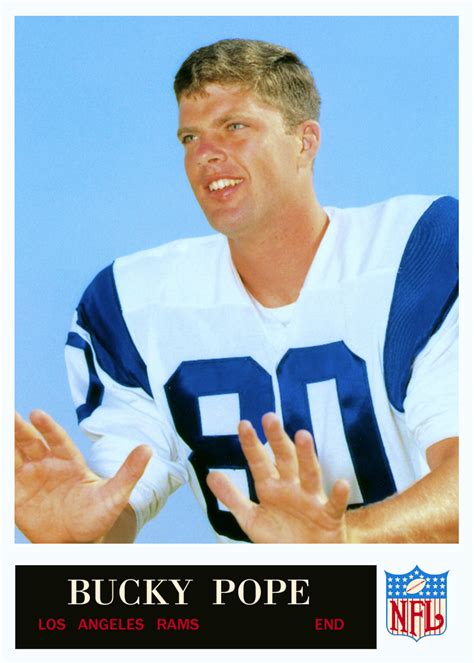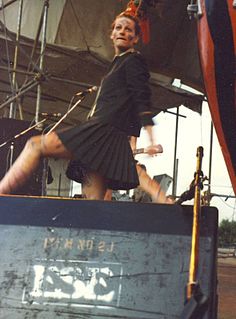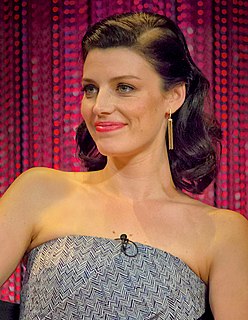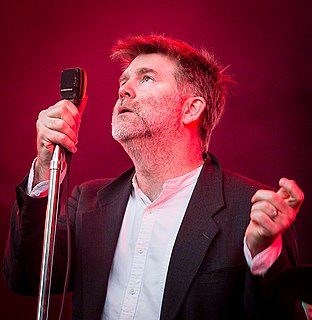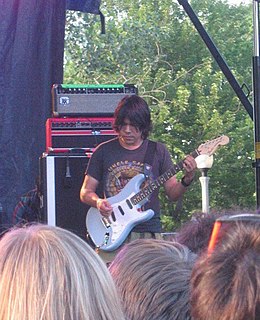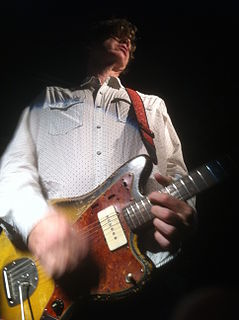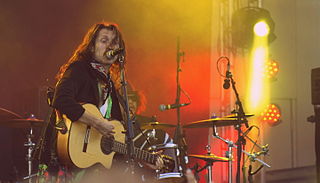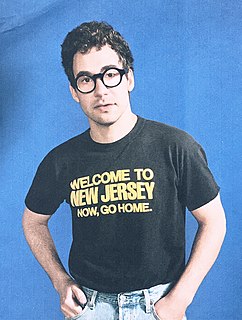A Quote by Kathleen Hanna
In the '90s, people wore scrunchies, but it was very uncool in the punk scene.
Related Quotes
I had to get a driver's license and drive to St. Louis to find the punk-rock scene that was happening there. And there was a punk-rock scene. It was sweet. It was real. It was like everywhere else in the county. It was a handful of people who were feeling the same pull, and, of course, it was like the Island of Misfit Toys in Rudolph the Red-Nosed Reindeer [1964]. Just the freaks, the fags, the fat girls, the unbelievable eccentrics .
My first passion was running: I excelled at that starting till the end of the high school. I pretty much cover about 20 miles a night on stage. I basically rechanneled all the athleticism and adrenaline, and everything that's exciting about sports into music. That was my secret weapon, because in Ukrainian punk rock scene - where everything was very gloomy - being athletic was not cool. I didn't publicize anything about my sport past, but I rolled in onstage with a background nobody had, and I became instantly recognized as the wildest performer in the punk-rock scene.
If you look at who emerged on the horizon 12 to 18 months after ECW stopped running shows, I think it's very reasonable to believe that we would have picked up CM Punk and several of the other young stars that emerged in the independent scene in the early part of that decade. Punk obviously is the one that I would hope I would have noticed.


